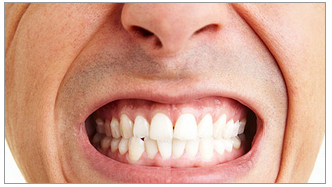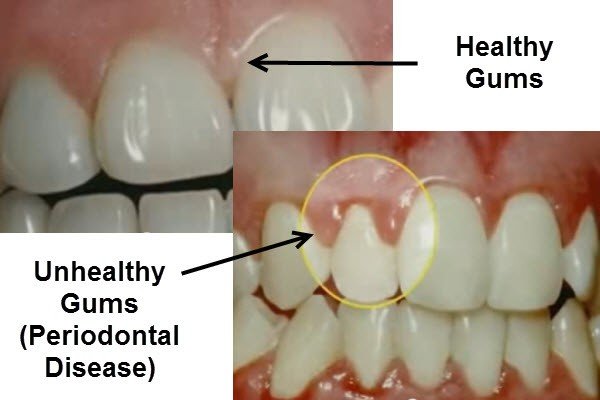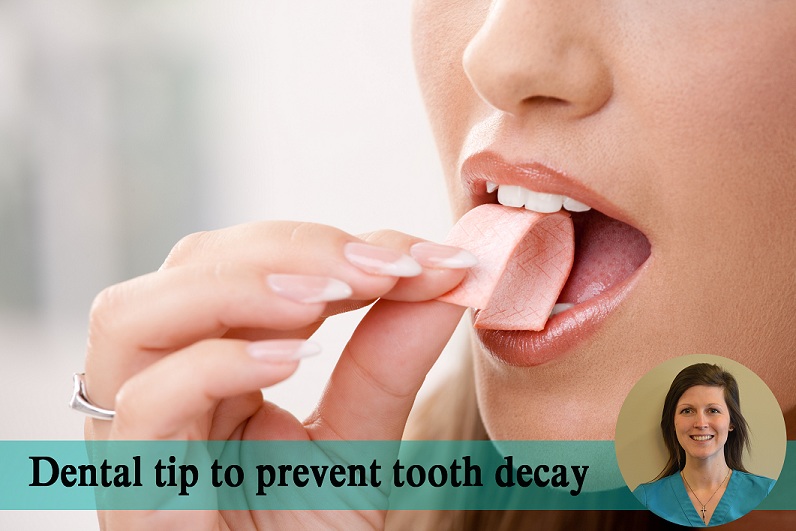Prevent Teeth Grinding
Grinding teeth, called bruxism, may develop at any age. It is usually done unconsciously in sleep, but it can also occur when a person is awake.
Causes
Stress, anxiety, smoking, heavy alcohol, caffeine, depression and sleep disorders are all possible causes of teeth grinding. Bruxism is found more frequently in people who snore or suffer from obstructive sleep and in people whose lifestyle includes smoking, drinking alcohol and caffeine.
Treatment
The treatment for teeth grinding depends on its cause, which is evaluated by dentist with a comprehensive exam.
- One way to protect your teeth and prevent tooth wear and fracture is to wear an occlusal appliance – such as, splints, bite guards, night guards, bite plates and bruxism appliances. These are custom made, plastic mouth pieces that fit over your top or bottom teeth. Wearing one of these appliances will help reduce jaw muscle pain and protect your teeth. The appliances are usually worn at bedtime.
- If anxiety or stress is believed to be the cause of your grinding, then behavioural management is an option. Relaxation techniques, meditation and psychoanalysis can help manage the stress and anxiety.
- If your bruxism is due to physical problems such as misaligned or broken teeth, your general dentist may have some suggestions for how to correct these problems with dental crowns or braces, or other techniques that may help resolve the grinding.
- Stimulants and depressants have also been linked to various sleep disorders. Limit caffeine and alcohol to avoid developing a habit of teeth grinding.
- If you’re grinding your teeth during the day, make yourself aware of when it happens and train yourself not to clench your jaw.
- It may also be a side effect of some medications. Talk to your doctor or pharmacist about possible side effects before taking prescription drugs.
- Limit chewy foods that give your jaw a workout, especially when jaw discomfort is at its worst.
If you’re still not sure what’s causing you to grind your teeth, see your general dentist. Not only will your general dentist help you find the solution to your problem, but regular dental visits will allow your general dentist to check for its signs and help you control it before the damage gets out of hand.



